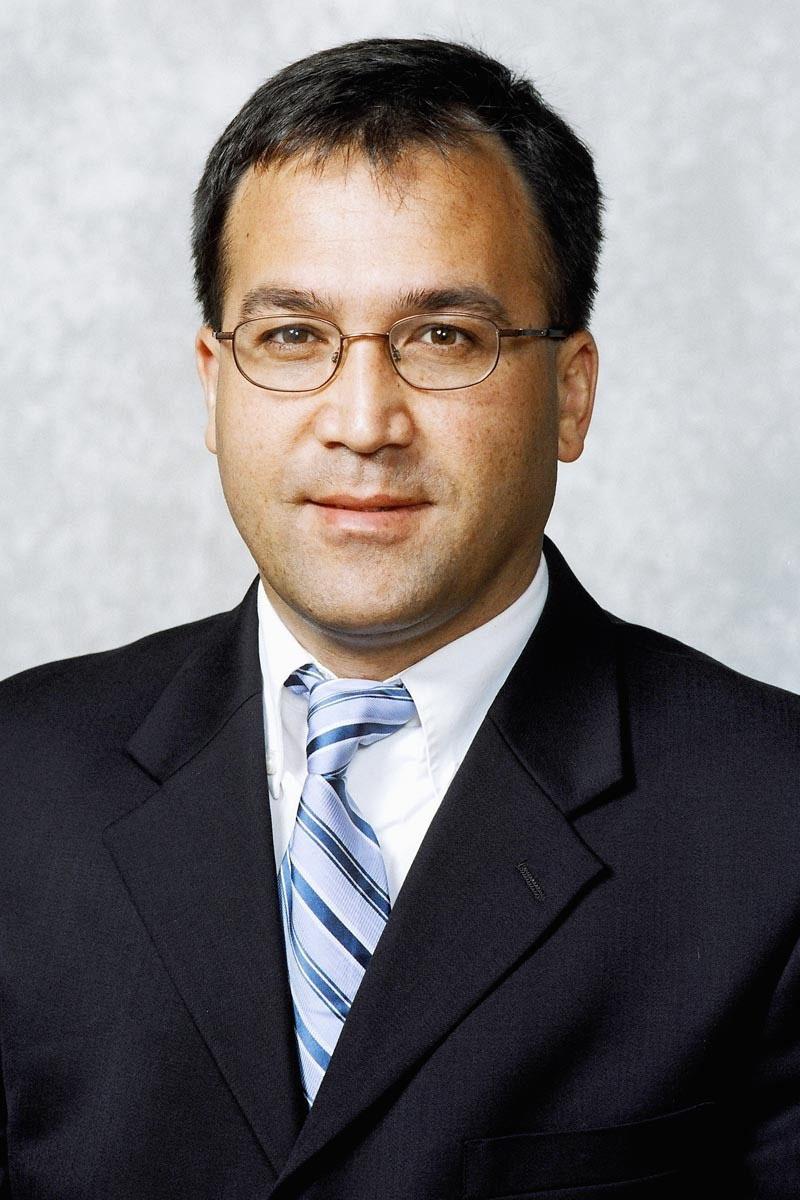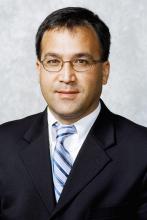Information Possibly Outdated
The information presented on this page was originally released on December 7, 2006. It may not be outdated, but please search our site for more current information. If you plan to quote or reference this information in a publication, please check with the Extension specialist or author before proceeding.
MSU genetic research boosts livestock fertility
MISSISSIPPI STATE -- Cutting-edge genetic research by a Mississippi State University animal scientist may help solve a problem that costs livestock producers millions of dollars each year.
The research by Erdogan Memili, an assistant professor in the Department of Animal and Dairy Sciences, is aimed at improving fertility in cattle and can be applied to other mammals.
“In mammals, the mother has crucial genetic materials in her egg. Following fertilization these materials provide critical support for early embryo development,” Memili said. “Newly formed embryos undergo embryonic genome activation, or EGA, during which new proteins and ribonucleic acids are made in the right amounts and at the right time for further development.”
In their research, Memili and colleagues at the University of Wisconsin-Madison and the University of Alabama-Birmingham have examined the genetic blueprints of cow eggs and embryos during EGA. The results of their finding can help livestock producers who use in vitro fertilization and embryo transfer in their herds.
“Embryonic mortality is one of the biggest roadblocks in livestock reproduction,” Memili said. “Some of the genes we identified using panoramic pictures of eggs and embryos at the molecular level can be used to help select eggs and embryos that will support full-term development of offspring.”
Terry Kiser, head of the MSU Department of Animal and Dairy Sciences, said the work conducted by Memili and his colleagues will impact other scientists working to improve animal genetics and help livestock producers with an expensive problem.
“Infertility costs Mississippi cattle producers millions of dollars each year,” he said. “If cows do not successfully establish and maintain pregnancies, producers have the expense of maintaining them until their next reproduction cycle.”
The findings of the team of scientists have paved the way for more research and have caught the attention of the scientific community, Kiser added.
“A scientific paper on the research was published Dec. 1 in the prestigious journal of The Proceedings of the National Academy of Sciences,” he said.
MSU's Life Sciences and Biotechnology Institute funds the collaboration between Memili and the Wisconsin and Alabama scientists.
Memili received his doctor of veterinary medicine degree from the University of Istanbul, Turkey. He also holds a master's degree in bacteriology and a doctorate in endocrinology and reproductive physiology, both from the University of Wisconsin-Madison.
Before joining the MSU faculty in 2004, Memili worked in industry and completed postdoctoral training on embryonic stem cells and epigenetics in development at the Harvard Medical School.



